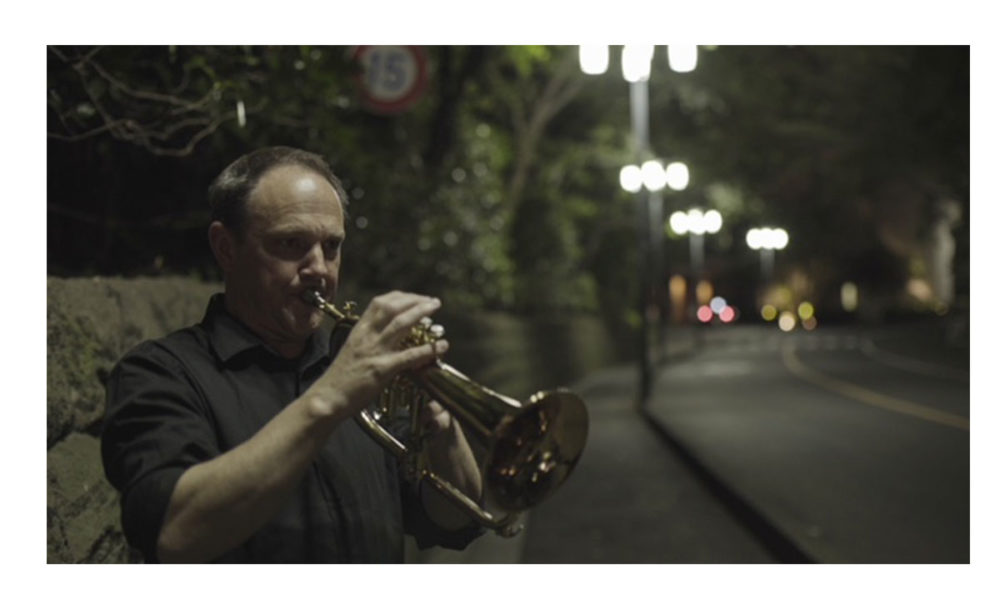Over the years I have had the opportunity to meet many talented young performers who are interested in pursuing a career in music. They and their parents frequently ask me: “Is it hard to make it in music?” and “Will they be able to find a job?” I ask if they want the short or long answer.
The short answer is, “YES.”
The long answer is, “YES.”
I would never discourage students from pursuing their dreams in music; however, students and parents need to understand that music is a business. Making a career in the music industry can be incredibly rewarding artistically, personally, and financially if the students are prepared and have filled their professional toolbox with every possible resource.
The Professional Toolbox
To be a successful musician today, you must understand contracts, accounting, budgets, unions, taxes, copyright law, social media, and management as well as networking, setting up a business, establishing credit, recording, branding, and scheduling.
Fortunately, many music schools and conservatories are offering courses or degrees in music management and the music industry field. Make these elements part of your music education.
Two areas, in particular, must be mastered when building a successful career in music.
Money
You need to be as serious about your money as you are about your musicianship. Whether you have a little or a lot of money, start saving and learn how money can work for you from the first day of college.
Networking
Start building your musical rolodex of contacts early. Always be easy to work with and have a positive attitude—no matter the situation. From the first day you enter the music school walls, you are building your brand. How are people going to perceive you as a person and as a musician?
Believe in yourself and realize that someone is going to do what you want to do, so it might as well be you.


